It is crucial to know how to deal with social anxiety because social anxiety disorder can cause you to feel trembling, dizzy and fearful even during casual social interactions.
People who suffer from severe social anxiety have difficulty engaging in commonplace activities, including:
- Interacting with coworkers
- Purchasing groceries
- Going out to eat
- Going to school
- Dating
While it’s not always as simple as throwing yourself into a crowd, managing social anxiety can still be accomplished.
Read: How to Stop Worrying
Learn how to deal with social anxiety
Want to learn how to be more comfortable in social situations and communicate with others more effectively? These nine strategies can help to overcome social anxiety
1. Consult a therapist
Even though some people may believe shyness or a feeling of unease when meeting new people is the only sign of social anxiety, it goes way beyond that. There are not always ways to overcome social anxiety on your own since it is a mental health condition.
If you experience anxiety and distress, there is a lot you can do on your own, but getting professional help is always a good idea.
Here are just a few things they can do for you:
- Explain how social anxiety differs from shyness
- Identify the triggers of your social anxiety
- Provide strategies for coping, social skills and relaxation
- Guide clients on how to challenge negative thinking and replace it with more positive ones
Through graduated exposure, therapy can also help with managing anxiety-provoking situations, potentially effective treatment for social anxiety.
As part of your therapist’s treatment plan, your therapist may suggest that you attend group therapy or support groups, where your social skills can be practiced with others who are also dealing with social anxiety.
Therapists can also refer you to psychiatrists who can administer medication to deal with social anxiety. It is often easier to work through severe symptoms in therapy with some relief from medication.
Read: How to Get Over a Phobia
2. Examine specific situations that trigger anxiety
Everyone experiences social anxiety differently.
Whenever you worry that others will judge you, whether you are ordering food at a restaurant or leaving for the restroom during a class lecture, you might feel anxious. Conversely, you may feel mostly comfortable simply being around others – as long as they don’t expect you to express your opinions or thoughts.
When you can pinpoint the reasons and times when you feel most anxious, you can take the first step toward overcoming those feelings.
You should start by listing the situations that make you most uncomfortable, the ones you find impossible to cope with. Some of these might be:
- Going on a job interview
- Getting help from a professor
- Getting to know someone you like
You may also find it helpful to note the symptoms you usually experience:
- Do you feel lightheaded or dizzy? Taking deep breaths may help.
- Is your heart pounding or your hands shaking? Do you fear people will notice? Refocusing and staying present can be achieved through grounding techniques.
Read: How to Stop a Panic Attack
3. Overcome negative thoughts
If you are anything like most people, you spend a lot of time worrying about the possible negative results of the social situations you just described.
Some of these concerns might include:
- Accidentally speaking rudely or offensively
- Misspelling someone’s name
- Slipping and falling
- When you laugh, sneeze, or cough at the wrong time
- Making other people sick
It’s not uncommon for things like these to happen, and they can be uncomfortable for a while. Imagining yourself in a similar awkward situation can be terrifying, but remember to stay calm.
Despite making a small social blunder, you needn’t worry about other people looking down on you. Rather than offering judgment, they may offer empathy and compassion based on their own experience. Making new friends can even come from bonding over past awkward experiences.
A technique called realistic thinking can help you challenge and replace your anxious thoughts when they arise. Attempt to achieve this by answering honestly and fairly some basic questions about the situation that worries you.
Read: How to Overcome Fear
Try to be realistic
Imagine being invited to a monthly happy hour by your coworkers after you just started a new job. However, you are afraid that saying or doing something hurtful to their opinion of you will make you look bad. Think about how you might answer these questions:
- How can I avoid saying anything embarrassing to them? This happened to me once.
- Is there a time I did not say anything embarrassing while spending time with others? It has happened more times than I can count.
- What could possibly go wrong? Where does my fear come from? My goal is to be liked, not thought of as strange or socially awkward.
- Do you remember a time when someone said something silly? What was your response? It was hard for me to watch them suffer, but they laughed it off and no one appeared to care.
- Would you feel the same way? Perhaps they’d regard me as a good sport.
- How would you explain it to a friend in a similar situation? Some people will like you and some won’t. The overall opinion won’t be affected if you make a mistake or a joke that falls flat.
Educating yourself about the spotlight effect – the idea that others notice your mistakes more often than they do – may also enable you to cope with social anxiety.
When you make an awkward faux pas, you might think everyone is looking at you, but it’s likely that no one noticed. Do you count yourself among them? It’s likely that no one will remember what happened.
Read: Most Effective Anxiety Breathing Exercises
4. Take baby steps
It’s fine to start with small changes when it comes to managing social anxiety. It isn’t necessary to get into a conversation with everyone you meet or to volunteer to lead a meeting.
Try these suggestions:
- Make small talk with the cashier instead of using the self-checkout at the store.
- Attend class and ask a question.
- Give a colleague or classmate a compliment on their outfit.
- You may feel more comfortable socializing in your own space if you host a small gathering for close friends and family members.
It may be helpful to name anxious feelings differently as well.
You might consider thinking instead of “I am nervous about tonight,” “I am so excited to see what people are like outside the workplace!” instead.
5. Roleplay with trusted friends
Are you worried about the bad outcomes? You can prepare to handle them before the interaction by practicing ways to handle them beforehand.
Engage a trusted friend or family member in role-playing some of your day-to-day conversations.
Here are some examples:
- It’s time for you to find an item at the drugstore and tell the clerk what you’re looking for.
- Your friend corrects you when you pronounce their name incorrectly.
- As you’re sitting in a meeting with your boss, a question is asked and you answer it wrong.
- Your fall causes quite a stir in the room.
Tip: Get to know your conversation partner’s positive, negative, or neutral reactions so you can distinguish between best- and worst-case scenarios.
Read: What is a Toxic Relationship
6. Try relaxation techniques
The following symptoms of social anxiety are similar to those of general anxiety:
- Sweating
- Heart palpitations
- Difficulty breathing
- Lightheartedness
- An upset stomach
These physical reactions can be slowed down with relaxation exercises, enabling you to deal with your worry, fear and other emotional symptoms.
You can try these exercises to deal with social anxiety:
4-7-8 breathing:
- Take a deep breath through your nose for a count of 4 seconds.
- Hold it for 7 seconds.
- Breathe out slowly for 8 seconds.
Progressive muscle relaxation:
- Start by tensing your toes, and work your way up the body.
- Tension should last for 5 seconds.
- Release tension as you exhale slowly. Spend a count of 10 seconds breathing slowly as you notice the new ease in your muscles.
- Move onto the next group of muscles and do the same thing.
Taking regular physical activity can reduce anxiety and promote relaxation, helping you improve your mood.
Read: COVID Anxiety Syndrome
7. Be kind to others
Study results from 2015 suggest that performing small acts of kindness for four weeks may help reduce social anxiety in college students.
When you think about it, the link between kindness and social anxiety makes sense, even though it may not be immediately apparent.
People who suffer from social anxiety are usually worried about rejection or disapproval. If you helped someone in a kind and thoughtful way, like bringing a sick friend their favorite soup or taking care of their groceries, the individual is likely to have a positive view of you rather than a negative one.
Regularly earning this approval may reduce your fear of social situations, so you might find interfacing with others easier as you get used to it.
Read: How to Deal with Teenage Depression
8. Limit alcohol
Many people find that drinking a few drinks helps ease social anxiety and increase their sense of comfort in social situations. Alcohol can be relaxing in small doses – but it can also intensify anxiety symptoms and make you feel worse.
You could eventually find that you are unable to socialize without alcohol if you regularly drink to manage your social anxiety symptoms. The same effects might also require more drinking.
If you drink, consider adopting a mindful drinking approach, one focused on cultivating awareness of when, how much, and how you feel after drinking.
9. Be aware of subtle avoidance behavior
I know you know that strictly avoiding social situations will not help improve your social anxiety. However, there are tactics you should avoid that make your participation seem superficial. These include:
- You prepare food and wash dishes at parties.
- It is a good idea to ask the other person about themselves when you’re in a conversation.
- When you’re in a group, you tend to stay on the edge, interested in your phone so no one talks to you.
Showing up without engaging with the crowd may make you feel safer, but it does nothing to help you overcome social anxiety. No one will reject you, but unless you engage with them, they won’t really get to know you.
The payoff of letting go of these not-so-helpful coping techniques may seem daunting at first, but for most people, improvements in relationships are well worth it to deal with social anxiety.
Read: How to Overcome Analysis Paralysis
The bottom line
Making connections with potential friends or romantic partners can be difficult when you are self-conscious around others and fear their disapproval.
Staying single or having a few friends is perfectly fine. Nevertheless, a few changes can make a big difference if social anxiety is keeping you from making new friends.
It might be true that some people you meet are not attracted to you, but that’s okay. This happens sometimes. Your interaction with more people will increase your likelihood of finding people who understand you – and welcome you with open arms. Hope you will follow above tips to deal with social anxiety.
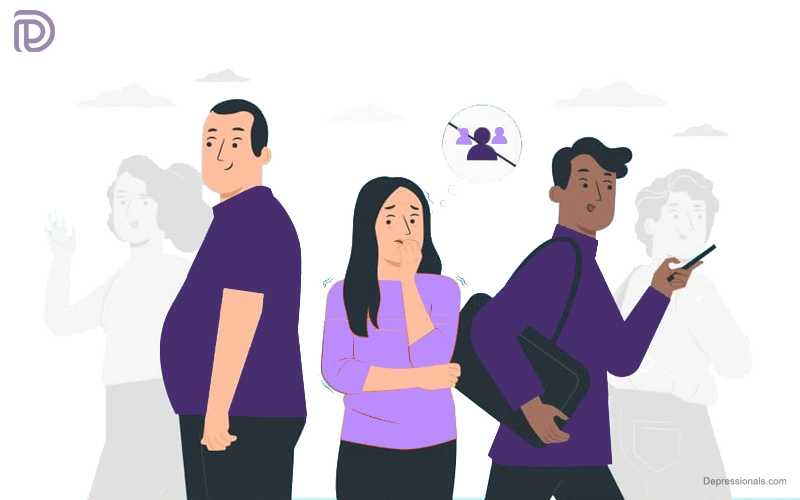
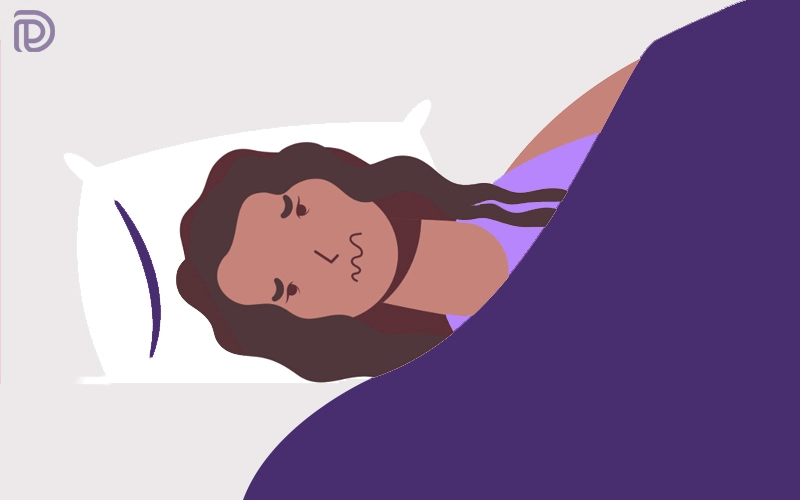
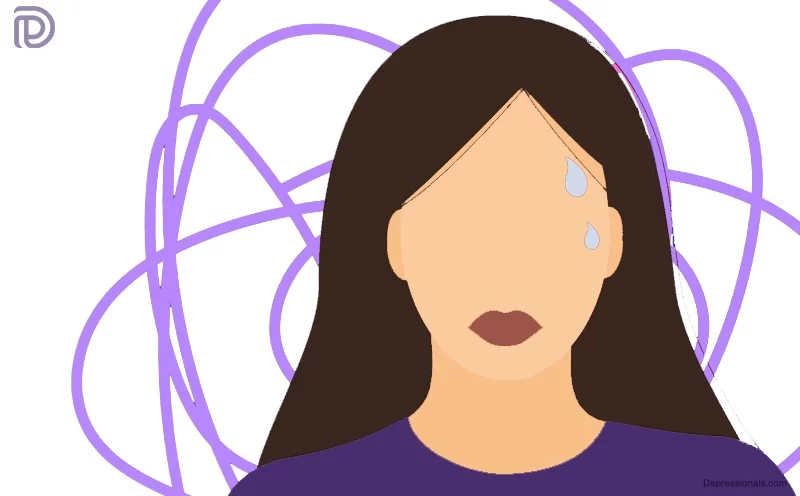
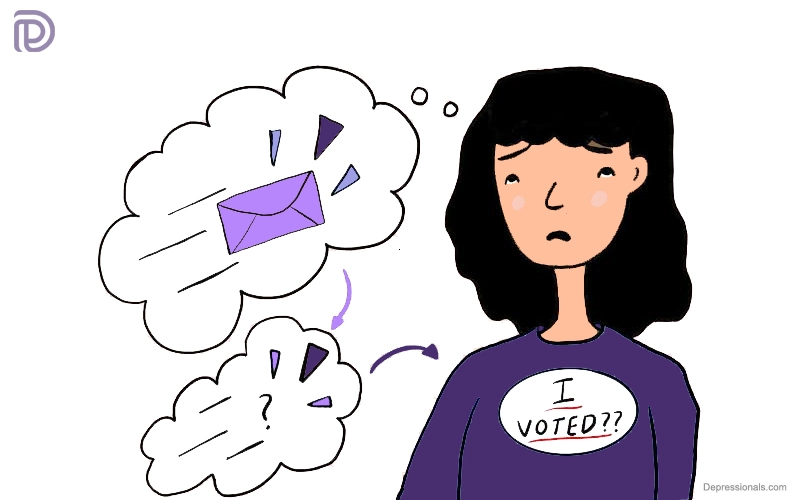
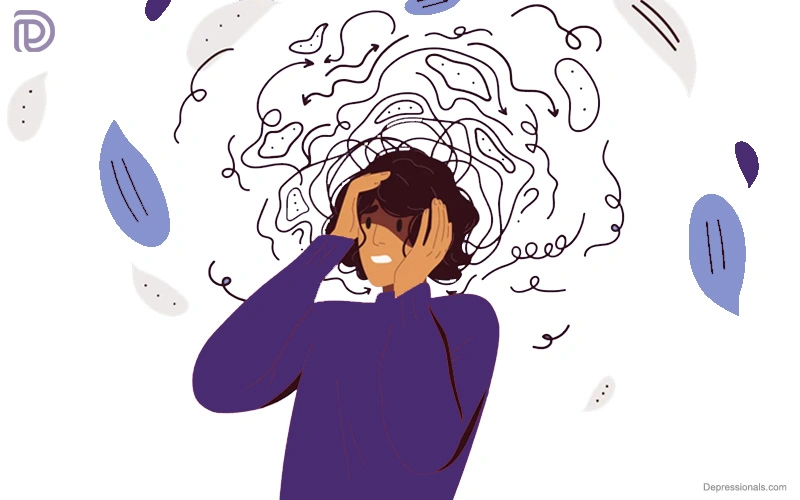

What i do not understood is in truth how you are no longer actually a lot more well-liked than you may be right now.
You are so intelligent. You already know
thus considerably in relation to this topic, made me in my view consider it
from a lot of varied angles. Its like women and men are not fascinated except it’s one
thing to accomplish with Lady gaga! Your own stuffs excellent.
At all times maintain it up!
Terrific article! That is the type of info that are meant to be shared across the web.
Disgrace on Google for no longer positioning this publish upper!
Come on over and discuss with my site . Thank you =)
I’m now not certain where you’re getting your information, however great topic. I needs to spend a while finding out much more or working out more. Thank you for wonderful info I was in search of this info for my mission.
Hi there, I discovered your site by the use of Google even as searching for a comparable topic, your website came up, it appears good. I have bookmarked it in my google bookmarks.
OMG, I tried these tips and it works for me. 🙂
I am gonna apply these steps. Wish me good luck.
Nice information about stress that occurs during covid.